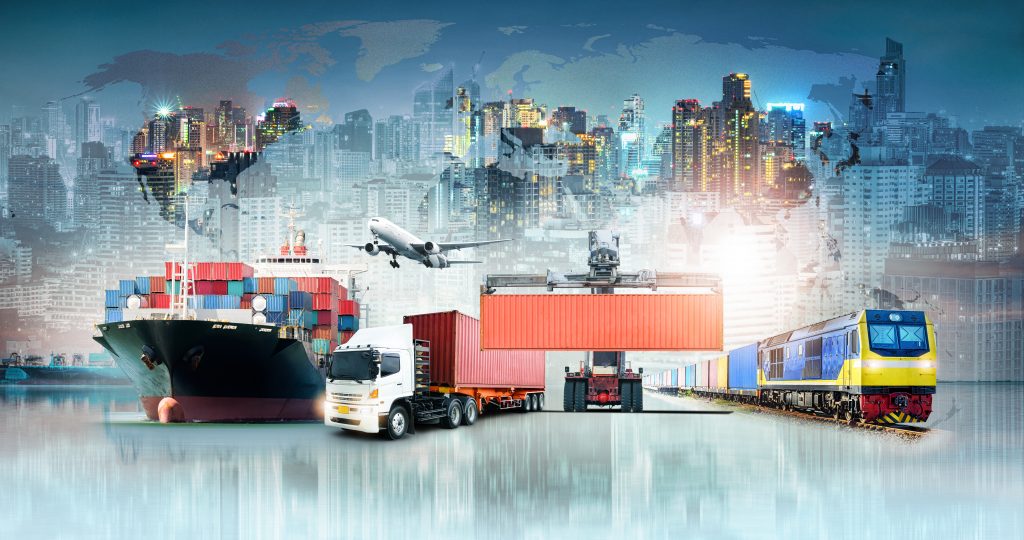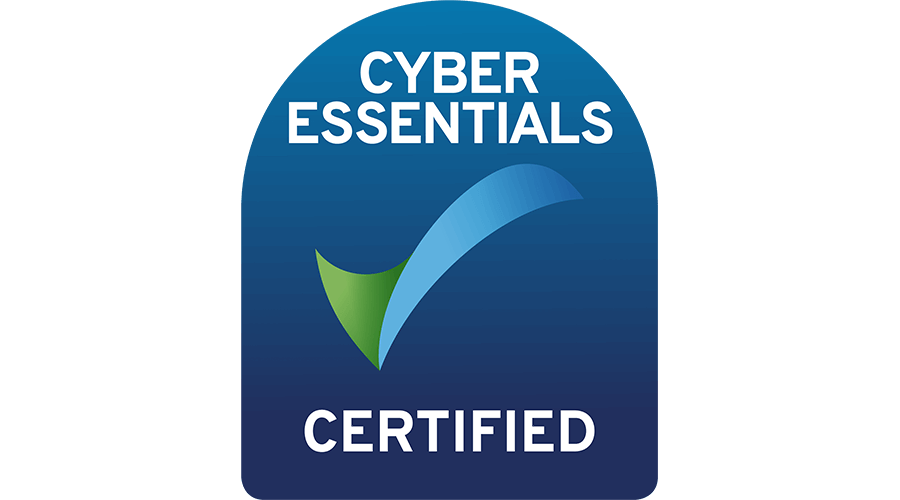Did you know that a large part of the environmental impact associated with the consumer sector is embedded in the supply chain? Supply chains have an essential role to play in creating a more sustainable society, and while companies identify the supply chain as one of the most challenging aspects of their business to make more sustainable, it is also one of the most important.

Supply chain sustainability is an issue affecting the organisation’s supply chain in terms of environmental, risk and waste costs. There is an ever-growing need for businesses to integrate more environmentally conscious choices into their supply chain management.
Climate change is a real issue at the forefront of people’s minds, affecting how people live, which products they buy, and how and where they work. With public perceptions of climate change and sustainability changing, companies that implement eco-consciousness into their business efforts have a higher chance of being more successful.
Why Should Companies Go Green?
Consumer demands are changing. Today, as well as impeccable customer service and quick turnaround, consumers have got eco-consciousness on the brain. Not only are people making more environmentally sound choices, but they expect businesses to do the same. Consumers want to buy from brands that implement sustainable practices in their supply chain.
It is no longer acceptable for businesses to outsource their environmental responsibilities, or to assume that their responsibility ends once a product has been sold. Top companies understand that their role extends throughout the entire lifecycle of their products and services.
What is Sustainability?
Sustainability has multiple definitions and encompasses different things. In terms of the supply chain, sustainability is the management of environmental, social and economic impacts, as well as the encouragement of good practices throughout the lifecycles of producing goods and services.
The objective for a sustainable supply chain is to create, protect and grow long-term environmental, social and economic value for all involved in bringing that business’s products and services to market. In this way, the company protects the long-term viability of their business.
There are social and environmental impacts at every stage in the lifecycle of products, including:
- Manufacturing
- Material input
- Distribution
- Transportation
- Use
- End-of-use
- Disposal
- Extraction
- Recycling

United Nations Global Compact
The United Nations Global Compact is an initiative to get businesses around the world to adopt socially responsible policies. There are four fundamental principles of the global compact and supply chain sustainability: human rights, labour, environment and anti-corruption.
- Human rights
Businesses should support and respect the protection of internationally proclaimed human rights, making sure that they are not complicit in human rights abuse. Human rights are considered a precondition for sustainable development, the idea being that without empowering people with basic rights, sustainability is not possible.
- Labour
Businesses should strive to uphold international labour standards within their supply chains. This includes the elimination of all forms of forced and compulsory labour, the abolishment of child labour and the removal of discrimination in respect of employment and occupation.
- Environment
Businesses should support a precautionary approach to environmental challenges, such as undertaking initiatives to promote environmental responsibility and encourage the development and diffusion of environmentally friendly technologies. Environmental impacts can include toxic waste, water pollution, deforestation, harmful air emissions and energy use.
- Anti-Corruption
Businesses should work against forms of corruption, including extortion and bribery. Corruption costs within the supply chain include product quality, as well as indirect costs related to management dealing with legal liability and damage to a company’s reputation. Businesses that engage with their supply chains through meaningful anti-corruption programmes can improve the environment for business and create a more sustainable platform for future growth.
Benefits for Implementing Sustainability into the Supply Chain
- Increased brand value
Consumers appreciate businesses that do right by the environment. If your company implements a more sustainable business model into its supply chain, this is something you can promote and use to increase the positive perception consumers have about your brand.
- A decrease in long-term expenses
While implementing sustainable practices may have some initial costs upfront, in the long run, you stand to have significantly decreased expenses. Sustainable supply chains are less resource-intensive, involving greater efficiency that will save on production costs.
- Avoid legal setbacks
As sustainability becomes more and more important, the government will only increase penalties and fines for businesses that fail to follow laws and regulations surrounding sustainable business practices. Businesses that have been proactive in adopting sustainable practices are better equipped to avoid these fines than companies that are slower to adopt sustainable measures.
- Increased efficiency
By reducing the cost of material inputs, energy usage and transportation, businesses can drastically improve their labour productivity. This creates more efficiency across the entire supply chain, also leading to an increase in profits due to the lower costs of operation.
- Increased understanding
When management gets involved in overhauling the supply chain, they get a good look at the key processes within the supply chain, including resource management and extraction, logistics and manufacturing. This enables management to make better business decisions and have a greater understanding of exactly how the business operates.
All forward-thinking businesses should be analysing their supply chain and trying to implement ways to increase sustainability across their entire operations. Technology is one way to improve supply chain visibility, which can be extremely helpful in detecting ways where business operations can be altered to better increase efficiency and help prevent mistakes that would require resources to correct.



















